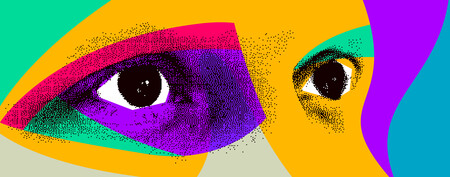OpenAI’s multimodal version of GPT-4, featuring image-recognition capabilities, is being limited in public access due to concerns about privacy and potential misinterpretation of facial information. While GPT-4 can identify public figures, OpenAI is worried about potential violations of privacy laws, and the risk of misrepresenting individuals’ features or emotional states.
Why it matters: For technology leaders, this development highlights the ethical challenges and safety concerns associated with AI image recognition. As companies, such as OpenAI, integrate AI-powered computer vision into their products, it is crucial to navigate privacy issues. This is especially important when dealing with sensitive data or personal information.
- The limits to GPT-4’s image recognition capabilities include a partnership with Be My Eyes. The app will no longer recognize faces due to privacy concerns
- Meanwhile, tech giants such as Microsoft are testing a limited rollout of visual analysis in its AI-powered Bing chatbot. Google has introduced image analysis features in its Bard chatbot.
- Companies need to address ethical considerations and ensure the accuracy of AI-powered computer vision before widespread implementation. Given the potential risks, companies must actively address ethical considerations and ensure the accuracy of AI-powered computer vision. They must do this before widespread implementation to avoid any adverse effects on privacy and data security.






